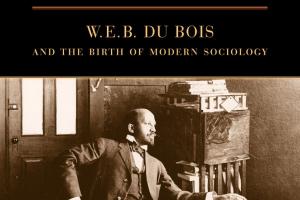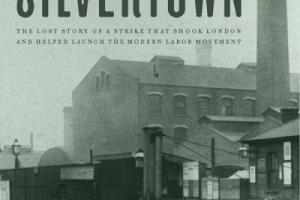Academic Journals Are a Lucrative Scam
The Guardian
 This new book argues that W. E. B. Du Bois was the first of the USA's modern sociologists. Du Bois's empirically-based studies of African Americans at the end of the nineteenth and the beginning of the twentieth centuries are models of sociological research. Aldon Morris details this legacy, which academic Sociology still does not universally acknowledge. In this review, Monica Bell considers the significance of Morris's argument.
This new book argues that W. E. B. Du Bois was the first of the USA's modern sociologists. Du Bois's empirically-based studies of African Americans at the end of the nineteenth and the beginning of the twentieth centuries are models of sociological research. Aldon Morris details this legacy, which academic Sociology still does not universally acknowledge. In this review, Monica Bell considers the significance of Morris's argument.
 The bourgeoisie does not rule by force alone; it does so by inculcating its ideas and values—its ideology—into the population at large. It follows, then, as the GMB’s John Callow argues in his preface to Silvertown, that “history, like politics…is a fiercely contested ideological space.” Historians who claim to be impartial and “value-free” are not to be trusted—or they are simple.
The bourgeoisie does not rule by force alone; it does so by inculcating its ideas and values—its ideology—into the population at large. It follows, then, as the GMB’s John Callow argues in his preface to Silvertown, that “history, like politics…is a fiercely contested ideological space.” Historians who claim to be impartial and “value-free” are not to be trusted—or they are simple.
Spread the word